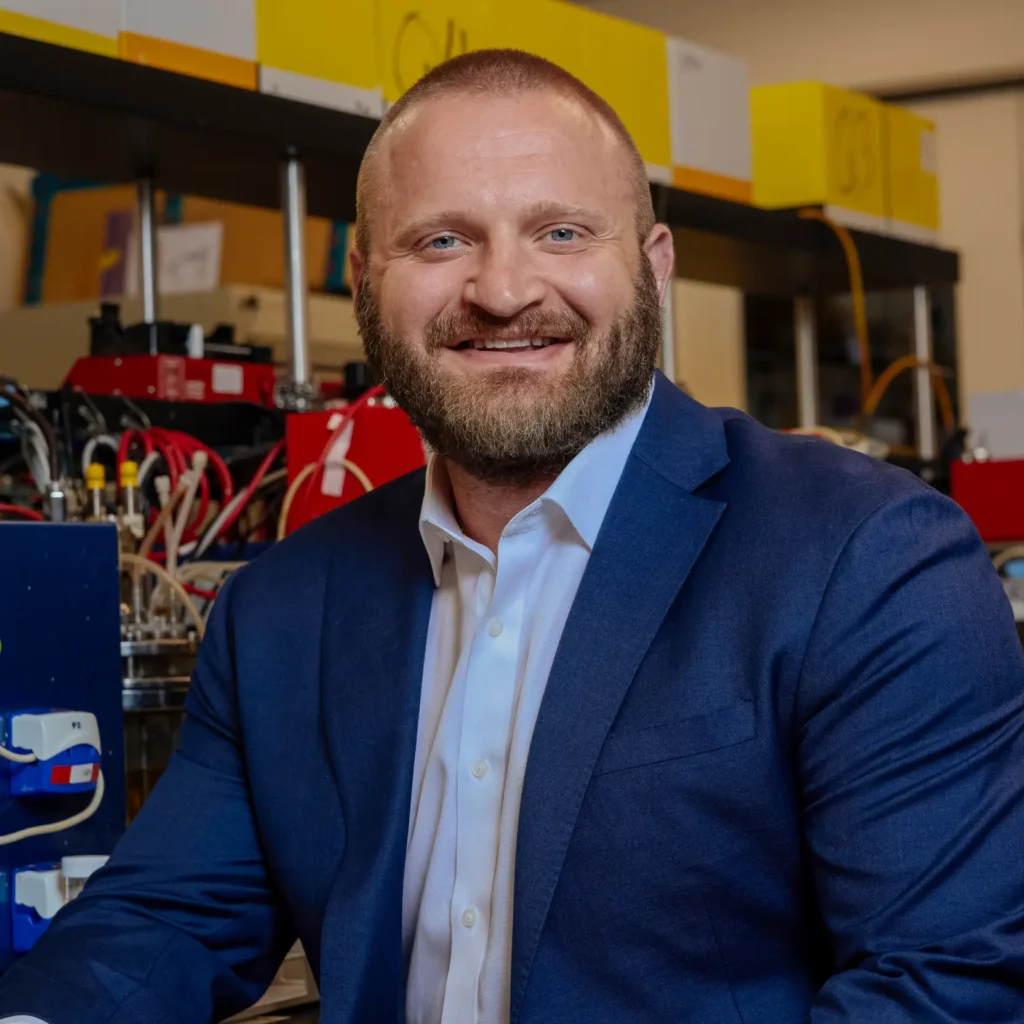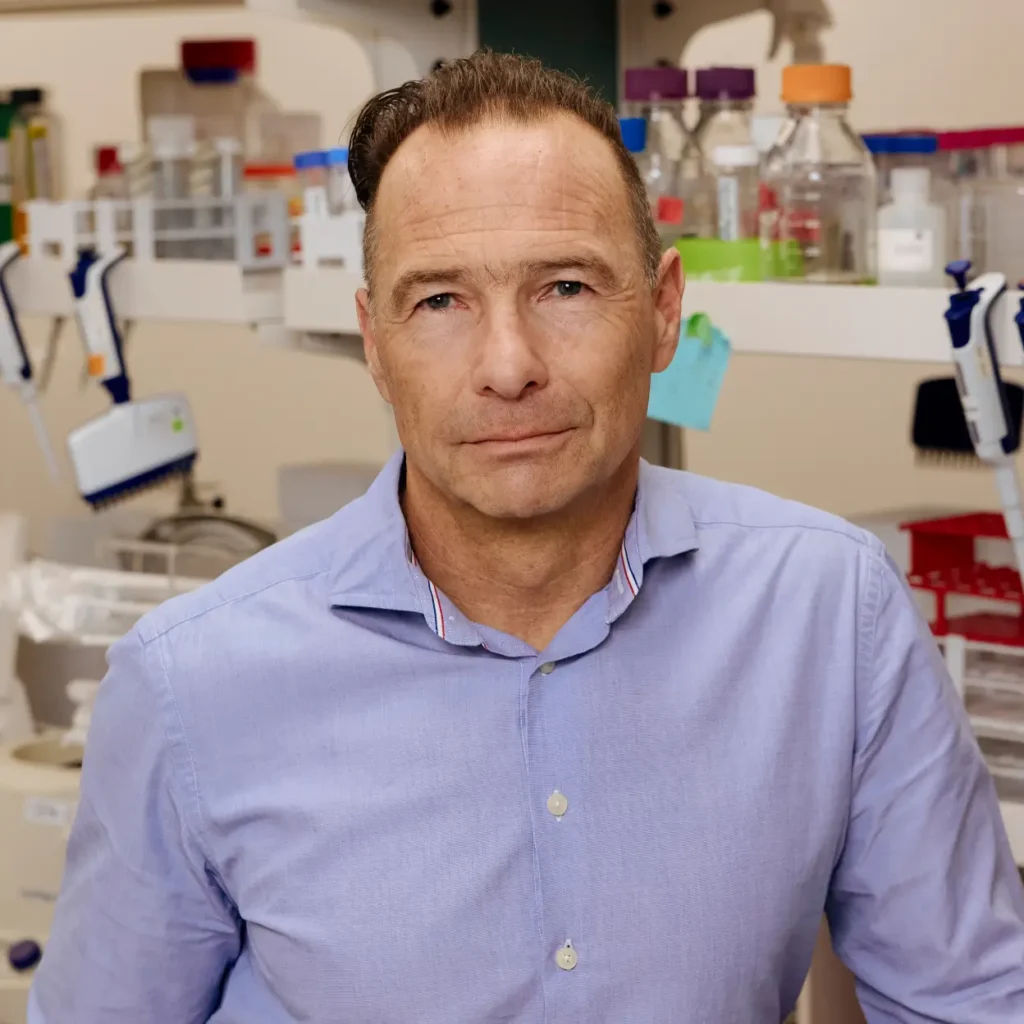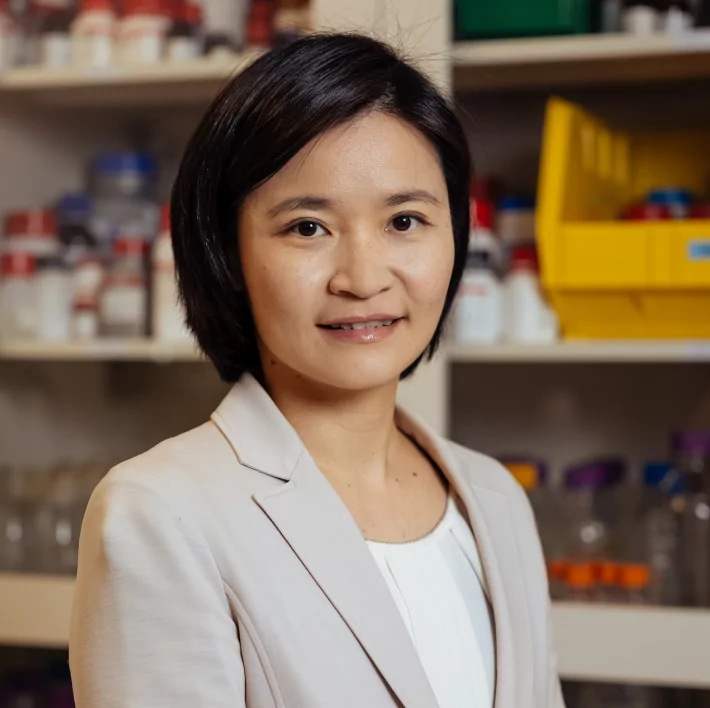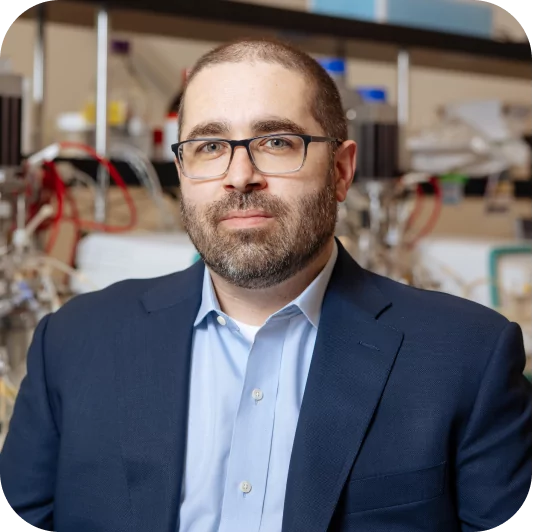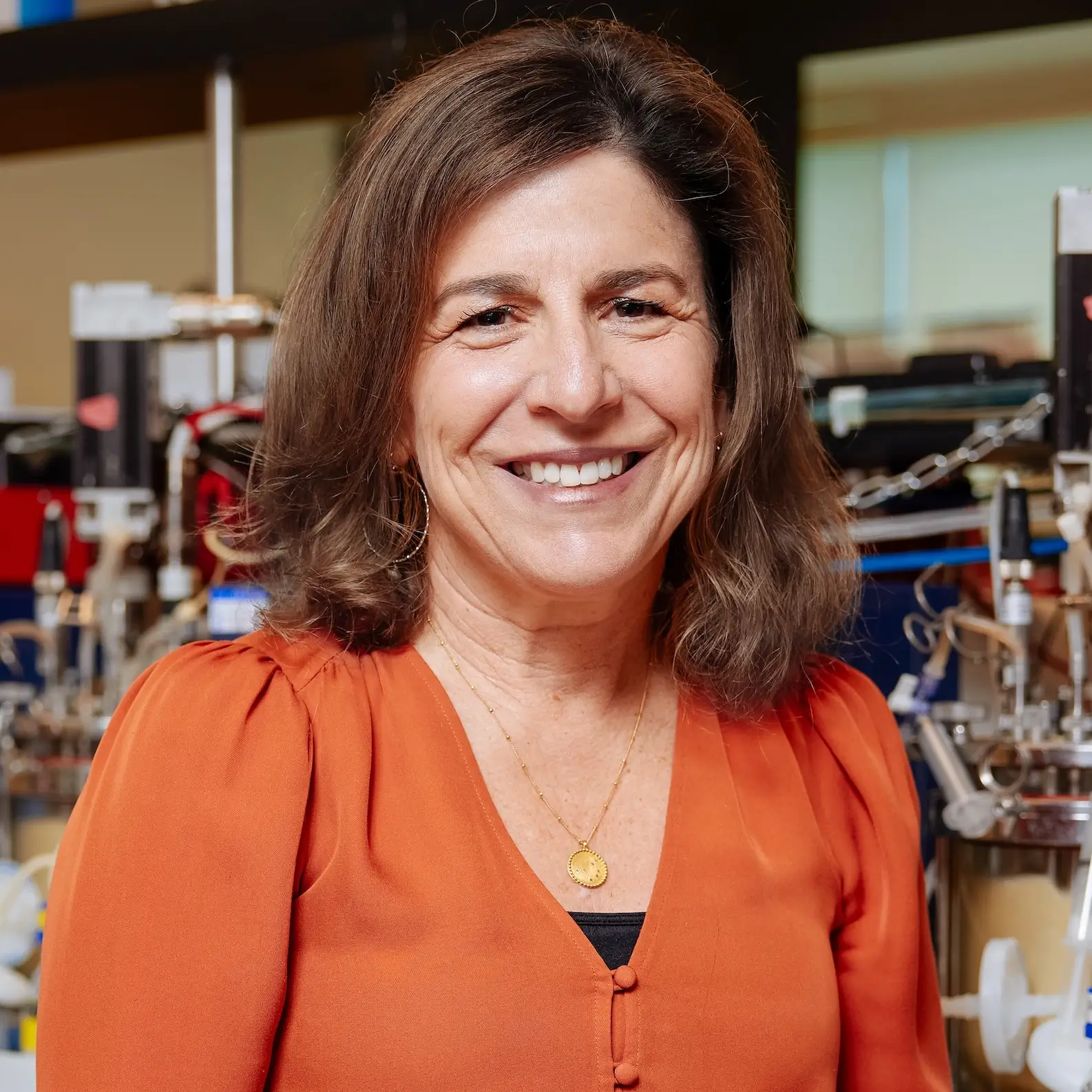Drug shortages in the U.S. have become an urgent issue over the last few years. So much so that in 2020, the Administration issued an Executive Order for the U.S. FDA to establish an Essential Medicines List of critical drugs that are deemed medically necessary, with the ultimate goal of identifying ways to protect and provide for the American public’s undisrupted access to these essential medicines.
Ultimately, pharmaceutical supply deficits have continued to plague U.S. healthcare systems, with cancer drug shortages being the latest impacting patients. Oncology drug shortages in particular carry dire consequences for cancer patients given the urgency of treatments, leaving many with limited care options. Simultaneously, healthcare providers are being forced to make extraordinarily difficult decisions with the drugs they do have, rationing doses or delaying care in order to balance the needs of their patients with limited supplies. Compromising care and treatments leaves doctors and patients alike in a no-win situation – and one that shouldn’t have happened in the first place. Unsurprisingly, recent shortages have sparked many healthcare professional and patient groups to ask Congress to intervene, leading to the recent introduction of the Pharmaceutical Supply Chain Risk Assessment Act. We believe it will be one of many policy efforts to seek solutions, as public discourse continues to build regarding the extreme lengths individuals have gone to secure life-saving medicines.
While the request is simple – generate more supplies, and quickly – the solution is not. Pharmaceutical supply chains are extremely complex and face many factors that are easily disrupted and can quickly trigger a drug shortage, including natural disasters, climate change, geopolitical events, and manufacturing facility issues, to name a few. These ever-growing threats and challenges continue to add pressure to the urgent need for innovative and nimble solutions to optimize pharma supply chains, and ensure that the public has reliable access to all critical, essential medications.
Antheia was founded in 2015 to address the threat of drug shortages through agile biomanufacturing techniques, and we have witnessed the urgency of realizing our mission with each passing year. Currently, we are working to bring a robust pipeline of Key Starting Materials (KSMs) and Active Pharmaceutical Ingredients (APIs) – the critical components of a medicine that produce the intended effect – to market, across a wide variety of therapeutic areas, including oncology, as well as neurology, respiratory, anti-infective, gastrointestinal, endocrinology, and hematology. Our platform and pipeline are intentionally designed to ensure reliable, consistent, and equitable access to critical drugs, to avert supply disasters by decoupling KSM and API production from current agricultural sourcing, and over time, make drug shortages a problem of the past.
Biomanufacturing has the power to transform pharmaceutical supply chains. By leveraging engineered yeast and fermentation-based manufacturing processes that can be activated quickly, on-demand, and potentially anywhere in the world, we can ensure that patients and providers have reliable access to critical medicines. The cancer drug crisis we’re experiencing right now is not the first, but it could be the last if we systematically transform our pharmaceutical supply chains and invest in advanced biomanufacturing technologies.
